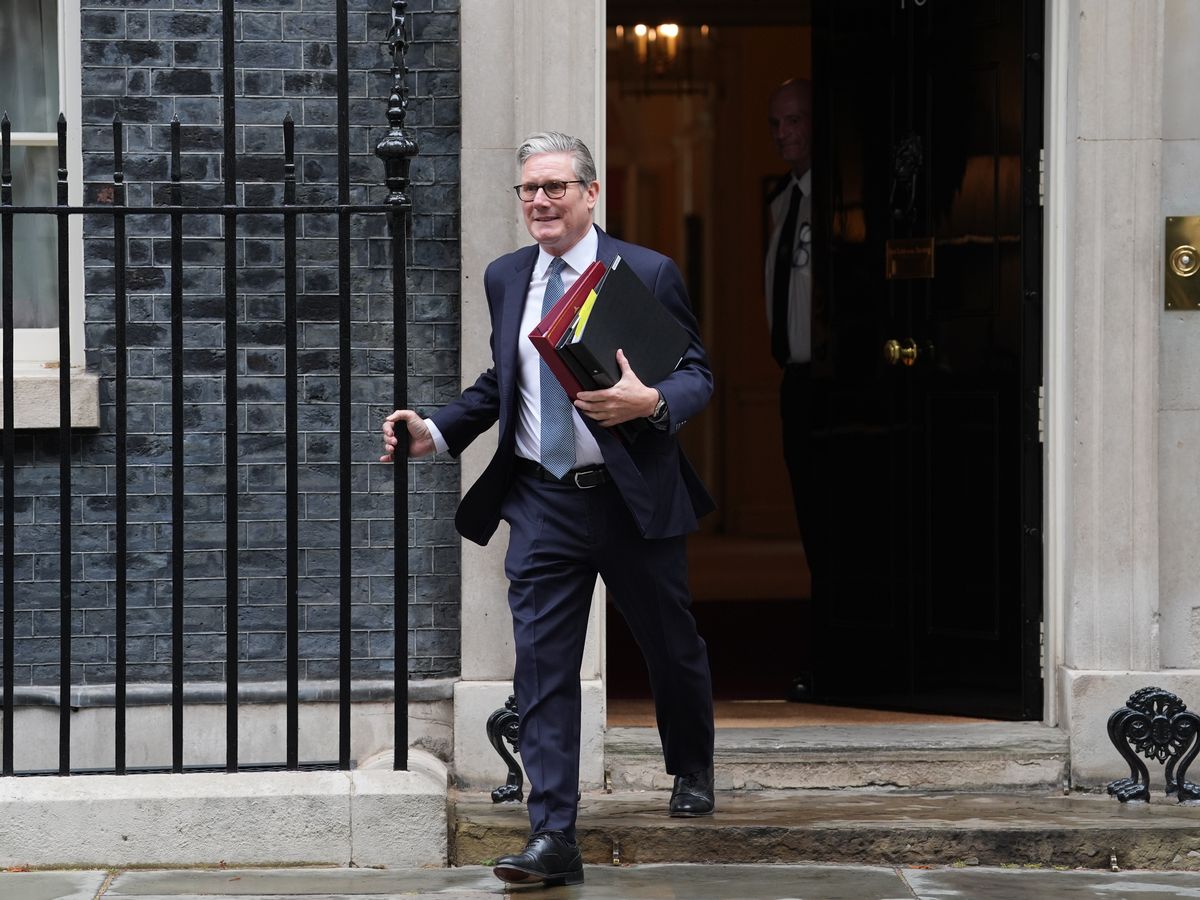By Andrew Quinn
Keir Starmer has refused to rule out tax rises after his U-turn on Personal Independence Payments (PIP). The Prime Minister refused to be drawn on whether he would increase tax later this year in the House of Commons on Wednesday afternoon. It comes after a shambolic session on Tuesday evening where the government drastically watered down its welfare reforms at the 11th-hour. The original plans had been due to save £5 billion, but this seemed to be wiped out by several concessions. When asked by Tory leader Kemi Badenoch how much the reforms would save, Starmer replied: “What we delivered last night was a Bill which ends mandatory reassessment of those with severe disabilities, that is the right thing to do. “It re-balances Universal Credit, that is long overdue. And it sets out a pathway to reform of PIP. “It’s consistent with the principles I set out throughout. If you can work, you should work. If you need help into work, the state should provide the help. The system that they broke doesn’t do so.” He added: “If you can’t work, you must be supported and protected. The reformed welfare system that we’re putting place will be better for individuals, better for the taxpayer, and better for the economy.” When asked about tax rises later in the year, he refused to rule them out: “She knows that no Prime Minister or Chancellor ever stands at the despatch box and writes budgets in the future. That isn’t what they did, and it isn’t what we do, and she knows it.” MPs backed the disability benefit changes by 335 votes to 260 after the UK Government U-turned on the main part of its plans. Four Scottish Labour MPs – Irene Campbell, Tracy Gilbert, Brian Leishman and Euan Stainbank – voted against the bill. They were among 49 Labour rebels. DWP minister Stephen Timms announced just 90 minutes before the vote that the Government would delay plans to limit who is eligible for Personal Independence Payment (PIP) until after a review. The change had been due to come into force in November 2026. The late concession came as the Government faced a possible defeat in the House of Commons. It followed a partial U-turn last week where the Government announced the changes to PIP would only apply to new claimants and rowed back on plans to cut the health-related element of Universal Credit. To sign up to the Daily R ecord Politics newsletter, click here
